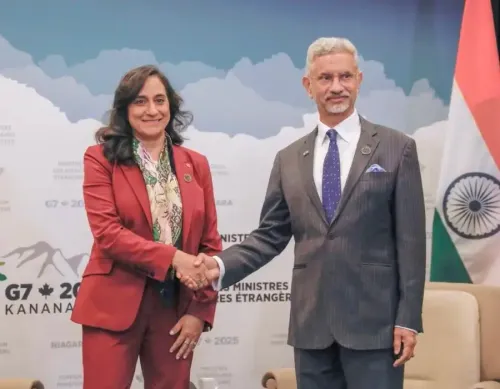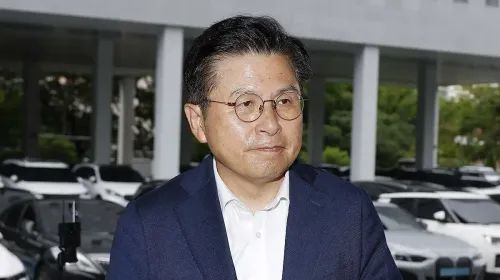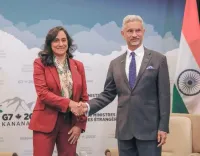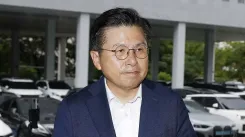Will B'desh's NCC Political Parties Commit to Reforms?
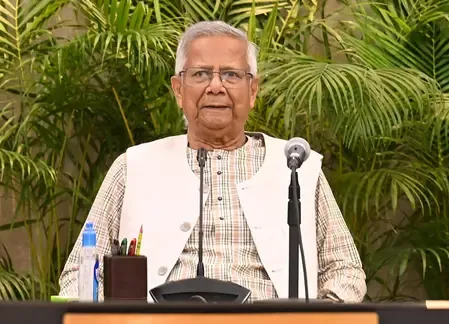
Synopsis
Key Takeaways
- NCC calls for political commitment to reforms.
- Two-year timeline for implementation post-election.
- Disagreements among parties hinder progress.
- Key issues remain unresolved, impacting governance.
- Urgency grows amid ongoing political instability.
Dhaka, July 29 (NationPress) The National Consensus Commission (NCC) in Bangladesh has called on political parties involved in the second round of dialogue to commit to executing the reform initiatives laid out in the draft of the 'July National Charter 2025' within a two-year timeframe following the next general election, according to local media reports.
Ali Riaz, the Vice-Chairman of the Consensus Commission, confirmed that the draft document was presented to all parties engaged in the reform discussions on Monday.
"We pledge to complete all essential constitutional and legal reforms within two years of the establishment of the government that adopts this Charter, ensuring their sustainability," the draft stated.
The Commission aims to finalize the charter by July 31 and has requested political parties to provide their feedback by Wednesday, as reported by Bangladesh's prominent newspaper The Daily Star.
During the second round of talks, the commission discussed 20 topics and reached consensus on only 12 due to disagreements among major political factions.
Unresolved matters include the creation of the caretaker government, the appointment process for the Chief Advisor of the caretaker government, fundamental state policy principles, the appointment committee for constitutional and statutory bodies, the structure and formation process of the Upper House, the inclusion of women in Parliament, and the presidential election procedure.
Last month, the second phase of discussions involving 30 political parties and the NCC commenced amidst ongoing political uncertainty and instability in the country.
The recent talks aimed to finalize the recommendations from various reform commissions established by the interim government led by Muhammad Yunus and to draft the July Charter.
As preparations for the 13th National Parliamentary election of Bangladesh began, Chief Advisor Yunus convened a meeting with top law enforcement officials, as confirmed by his Press Secretary Shafiqul Alam and Deputy Press Secretary Abul Kalam Azad Majumder.
The country has faced severe lawlessness since the Yunus-led interim government took office following the ousting of former Prime Minister Sheikh Hasina.
In another development, the Home Affairs Advisor of the interim government, Jahangir Alam Chowdhury, claimed that the interim government is not receiving adequate support from relevant authorities to tackle the escalating drug crisis in the nation.
While addressing reporters after a core committee meeting on law and order at the Secretariat in Dhaka on Monday, he made these comments without naming specific individuals.
"Drugs have permeated our society. Although arrests have increased, only the carriers are being apprehended, while the masterminds remain untouched. We face several organizations shielding these godfathers, and we do not receive full cooperation from everyone. I prefer not to disclose who I'm lacking cooperation from at this moment," the Home Advisor stated.

